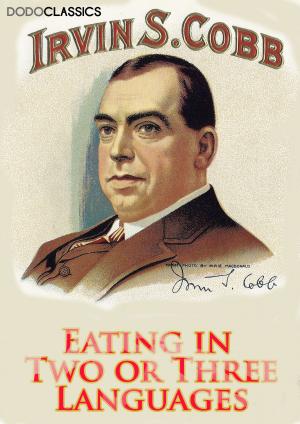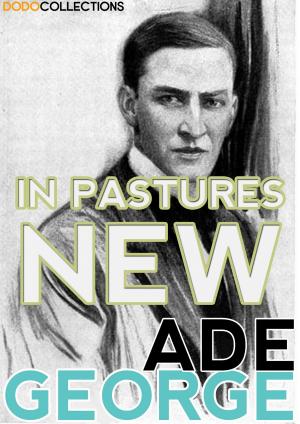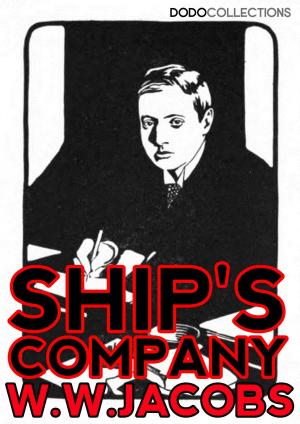| Author: | Sully Prudhomme | ISBN: | 9781909959613 |
| Publisher: | Dead Dodo | Publication: | December 15, 2009 |
| Imprint: | Dead Dodo Vintage | Language: | English |
| Author: | Sully Prudhomme |
| ISBN: | 9781909959613 |
| Publisher: | Dead Dodo |
| Publication: | December 15, 2009 |
| Imprint: | Dead Dodo Vintage |
| Language: | English |
Published in 1875, The vain tenderness is a poetic work of René-François Sully Prudhomme. French poet Sully Prudhomme (1839-1907) was the first recipient of the Nobel Prize for literature in 1901. Combining the formal precision of the Parnassian poets with subjects reflecting his keen interest in philosophy and his early training in the sciences, Sully Prudhomme forged a career that drew wide praise during his lifetime. According to C. D. af Wirsén of the Swedish Academy, writing on the occasion of the Nobel Award, "Sully Prudhomme is one of the major poets of our time, and some of his poems are pearls of imperishable value. . . . [His] work reveals an inquiring and observing mind which finds no rest in what passes and which, as it seems impossible to him to know more, finds evidence of man's supernatural destiny in the moral realm, in the voice of conscience, and in the lofty and undeniable prescriptions of duty. Sully Prudhomme was once an important figure in French literature and hailed as the successor of Victor Hugo, but he is largely ignored and little read or written about today, in English or in French. He has utterly vanished from the canon. Even at the turn of the century, the choice of Sully Prudhomme for the Nobel caused some debate, as he had not published much poetry after 1888.
Published in 1875, The vain tenderness is a poetic work of René-François Sully Prudhomme. French poet Sully Prudhomme (1839-1907) was the first recipient of the Nobel Prize for literature in 1901. Combining the formal precision of the Parnassian poets with subjects reflecting his keen interest in philosophy and his early training in the sciences, Sully Prudhomme forged a career that drew wide praise during his lifetime. According to C. D. af Wirsén of the Swedish Academy, writing on the occasion of the Nobel Award, "Sully Prudhomme is one of the major poets of our time, and some of his poems are pearls of imperishable value. . . . [His] work reveals an inquiring and observing mind which finds no rest in what passes and which, as it seems impossible to him to know more, finds evidence of man's supernatural destiny in the moral realm, in the voice of conscience, and in the lofty and undeniable prescriptions of duty. Sully Prudhomme was once an important figure in French literature and hailed as the successor of Victor Hugo, but he is largely ignored and little read or written about today, in English or in French. He has utterly vanished from the canon. Even at the turn of the century, the choice of Sully Prudhomme for the Nobel caused some debate, as he had not published much poetry after 1888.















